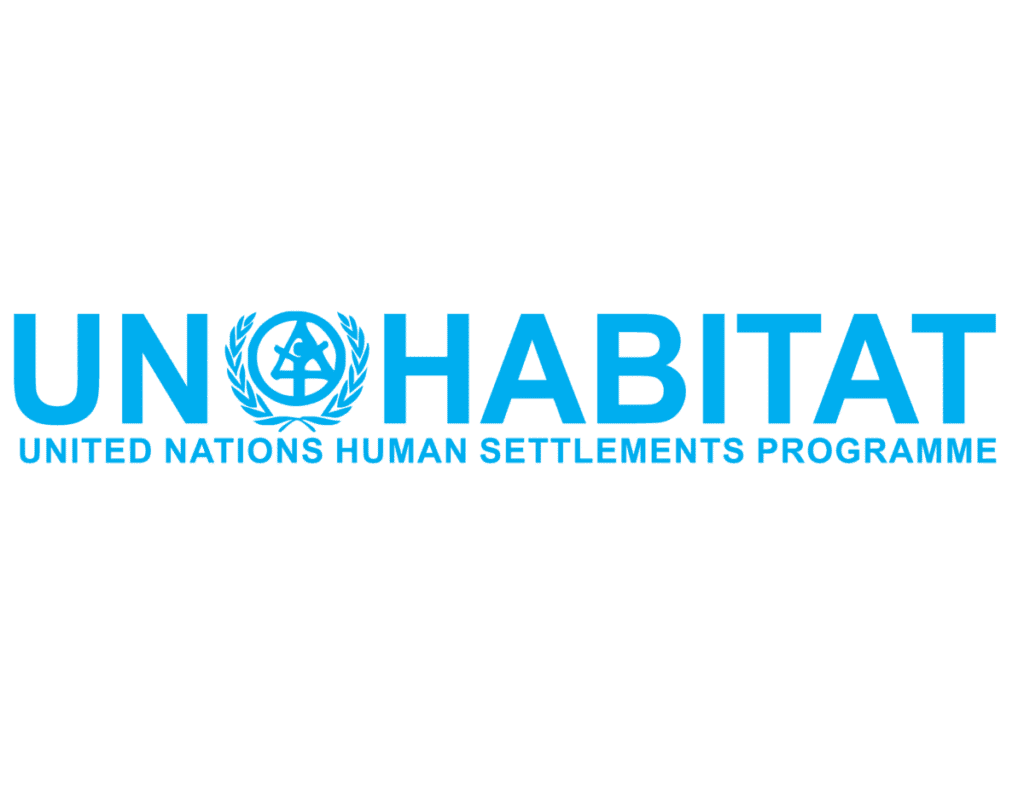The work of the second resumed session of the UN-Habitat Assembly concluded on Friday in Nairobi with the adoption of a Strategic Plan 2026–2029 aimed at promoting sustainable, inclusive, and resilient urbanization.
Organized at the headquarters of the UN agency, this session brought together more than 1,200 participants, including around forty ministers, to discuss issues of sustainable urbanization, access to housing, and the resilience of cities in the face of crises.
The plan, which will guide UN-Habitat’s actions over the next four years, aims to strengthen the agency’s impact in implementing sustainable, inclusive, and resilient urban policies, particularly in alignment with the Sustainable Development Goals (SDGs).
The document emphasizes the need for an integrated territorial approach, adequate housing for all, the improvement of informal settlements, and equitable access to basic services. It also highlights the key role of cities in responding to crises and climate change by enhancing their resilience and adaptability.
The strategic plan also provides for strengthened cooperation with member states, local authorities, civil society, and the private sector. It relies on results-based management and evidence-based data while promoting South-South partnerships and more localized implementation of the SDGs at the municipal level.
Morocco participated in this assembly with a significant delegation headed by Mr. Abderrazzak Laassel, the Kingdom’s ambassador to Kenya and Permanent Representative to UN-Habitat, and composed of Ms. Fatna Chihab, Secretary General of the National Housing Council, Ms. Siham Mourabit, deputy ambassador, and Ms. Nihal Bouarda, in charge of multilateral cooperation within the Ministry of National Land Planning, Urbanism, Housing, and City Policy.
During this event, the Kingdom highlighted the reforms undertaken in the field of housing, territorial governance, and urban resilience, as well as its commitment to enhanced South-South cooperation. The Moroccan delegation notably presented the innovative model of a regional platform for monitoring the New Program for Cities, conducted in partnership with UN-Habitat, and emphasized the active role of the Federation of Urban Agencies of Morocco in inter-African partnerships.
The Moroccan delegation also showcased the integrated housing financing model, combining grants, loan guarantees, and public-private partnerships. It mentioned the significant results achieved through mechanisms such as the Damane Assakane Fund and the direct housing aid program, which have enabled hundreds of thousands of households to access home ownership, thus contributing to a notable reduction in the housing deficit.


